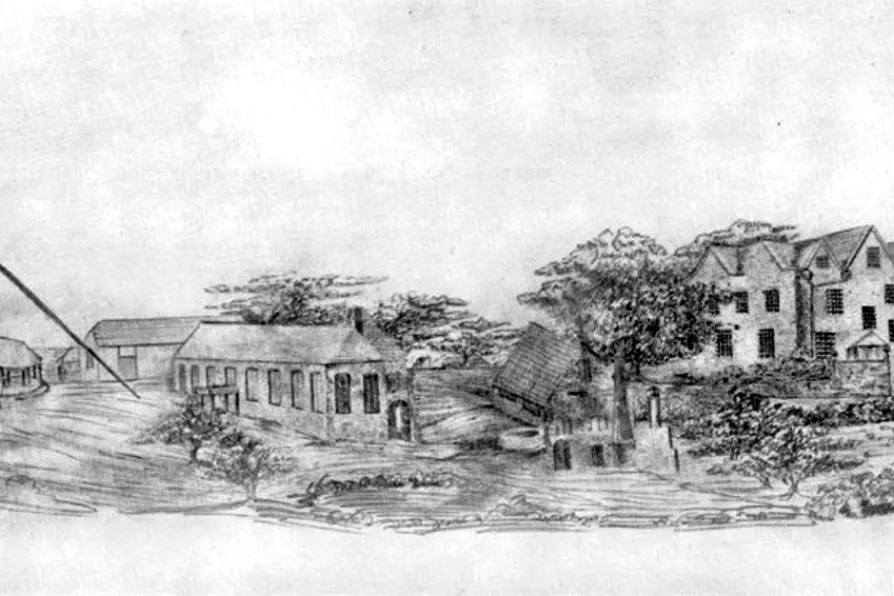The US-Israeli strikes against Iran are part of a decades-long war against the Islamic Republic which has refused to bow to US demands that it surrender its sovereignty, argues VIJAY PRASHAD

 A sketch of the Drax Hall plantation in Barbados
A sketch of the Drax Hall plantation in Barbados
WILLIAM CUFFAY, the black leader of London Chartism in 1848, is a well-known figure in British history thanks in part to the pioneering work done by the later Peter Fryer with his book Staying Power.
There is now a good deal more research and published history about black people in Britain going back at least to Tudor times. Yet it remains the case that little is known about a black presence in the Chartist movement.
The presence of black workers who had come to Britain on navy or merchant ships, servants and others, meant there was a considerable black population in Victorian Britain.

ANSELM ELDERGILL examines the legal case behind this weekend’s Tolpuddle Martyrs’ Festival and the lessons for today

SUE TURNER is appalled by the story of the only original colonising family to still own a plantation in the West Indies

While Hardie, MacDonald and Wilson faced down war pressure from their own Establishment, today’s leadership appears to have forgotten that opposing imperial adventures has historically defined Labour’s moral authority, writes KEITH FLETT











